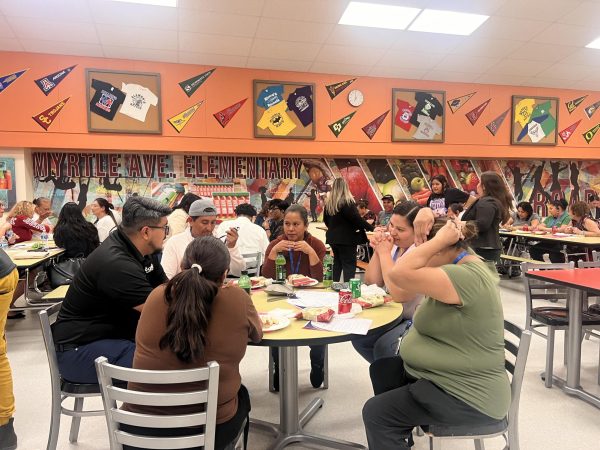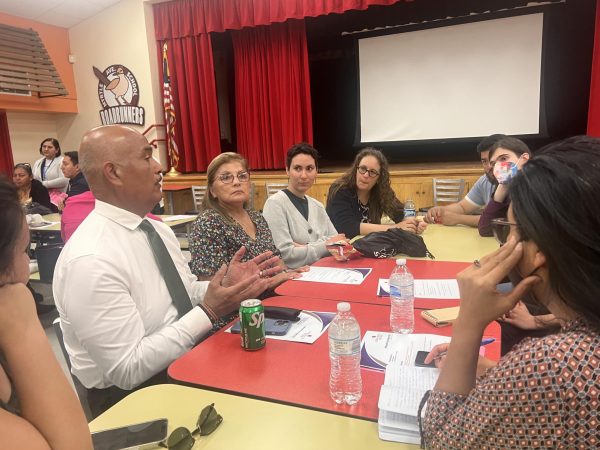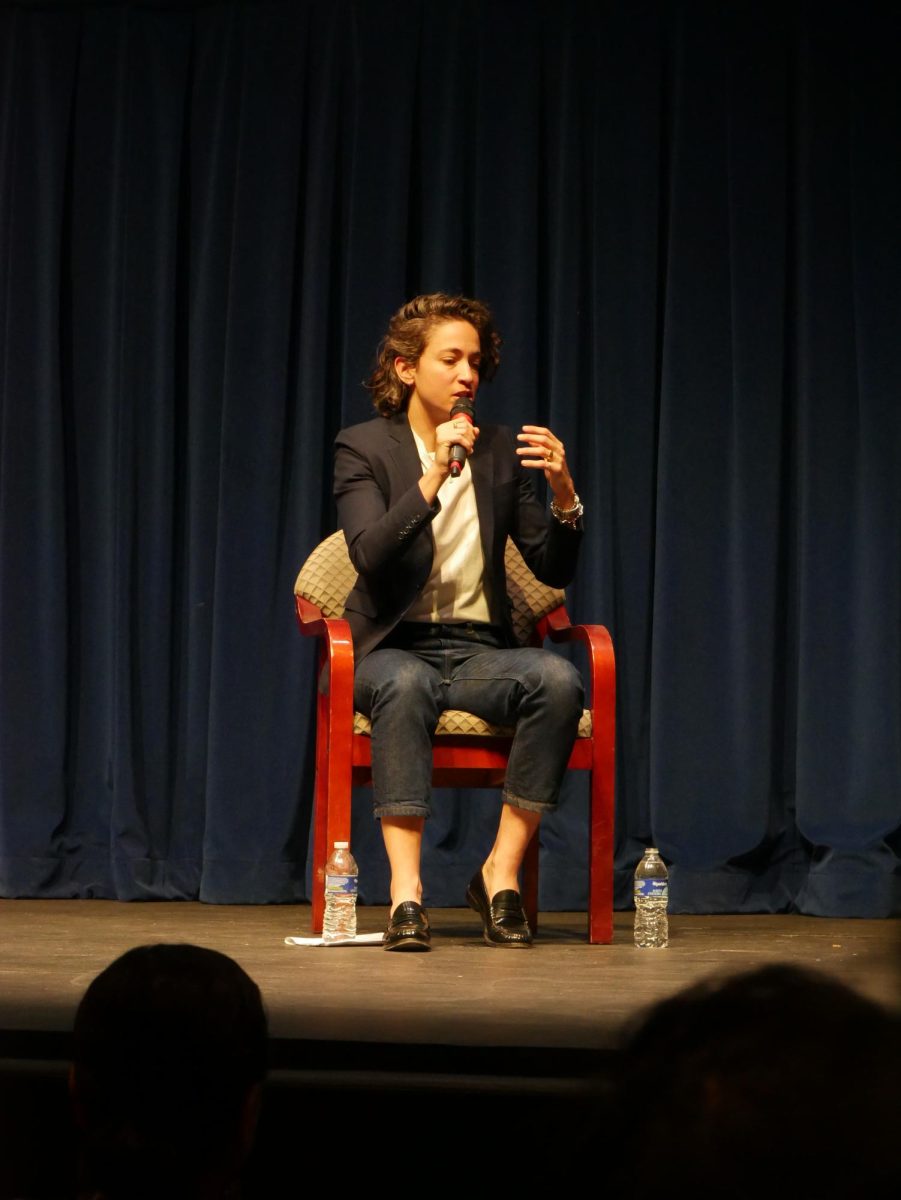
“If money wasn’t an issue, what are the changes you want to see in your community?,” asked Dr. Larissa Estes, Executive Director of the Racial Equity Commission.
In a school cafeteria at Myrtle Elementary, located in Lamont, California, the Kern County community gathered on March 20, as the California Racial Equity Committee made their first stop to gain information on the equity gaps that Central Valley faces.
California’s Racial Equity Commission was established in Nov. 2022 by Governor Gavin Newsom as an executive order to mandate state policy changes for the communities that have systematically faced inequality.
“Teach individuals how to advocate community wide… I grew up in Weedpatch, my community doesn’t feel like we get quality services… People outside of our [rural] communities try to tell us what’s good for us… When I came here I was homeless, we need affordable housing… There’s a language barrier, they expect children to translate healthcare…” are some of the few issues that the community spoke up during the break out table sessions.
From individuals not trusting the healthcare system due to their race, to language and communication barriers, the tables were filled with a variety of people from all different places, races, and backgrounds that boldly opened up on some of the issues they are facing when it comes to equity gaps in services that they personally have faced.
Doris Reyes, Transportation Clerk for Lamont School District, shared how Lamont only has one library. She explained how her son is always eager to go during opening hours on Thursdays and Fridays from 11 a.m. – 6 p.m. She also said the group how there needs to be access to home economic classes and access to recreational centers in the community.
Dr. Estes shared that the California Racial Equity Commission’s main goals are to: Analyze the budget of the government and see where funding is being allocated in order to see if it is reaching the right people. To gather data from surveys and people to see how to redirect current services. To make sure the committee is playing an active role in engaging with the community by showing up, listing, and gathering information to see what they are experiencing.
Estes said that the structure that surrounds us wasn’t built for everybody, and how the equity commission looks at starting the conversations around getting the structures to start working for all people. She further explained how rural America has space in conversations about where government money goes as well as the power that rural community voices hold.

Communities that are often left out of conversations, work hard in their own towns to make sure that they build resources that are starting the framework of changing their own issue within equity.
The meeting ensured that no matter who came, everyone would be able to understand what was being said, and use their own voice to share their opinions. They had a translation team available for all Spanish speakers to ensure they had access to gather all the information and share their own voice at the event. Some community members spoke up about how that is the first time they ever saw services that were being that inclusive.
Furthermore, Lamont Elementary School District is already changing their own experiences with inequality within the healthcare system. While noticing a big issue within their schools were attendance, Lori Gonzalez, Lamont Superintendent, and her team over the course of a year and a half partnered with Telehealthdocs in order to provide virtual health services to the students within the community.
Telehealthdocs offers a multilingual California licensed doctor that can diagnose, provide prescriptions or referrals, or send healthy kids back to class, making healthcare more equitable.
“It’s not just about equality and equity, it’s about breaking those barriers… for us breaking barriers means doing what we need to do to ensure that we are able to give our students what they need in order to prosper in their future. I am thrilled that we have this opportunity, especially in a rural school district because rural school districts tend to get pushed aside.,” said Gonzalez.
The information that the Kern County Community provided to California Racial Committee was taken note of in order for them to add information into the data they are conducting, research they are gathering, and to understand more what communities need on a statewide level.
Traco Matthews, Commissioner of California Racial Equity Commission and Chief Health Equity Officer for Kern Health Systems stated, “The California Racial Equity commission is here to listen to your individual needs, to what customized services, programs, and policies look like for this community,”







